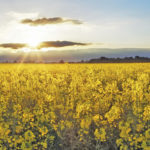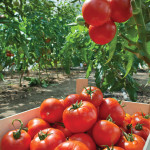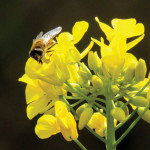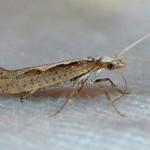
Tag Archives Pesticide

Canola most sensitive to potential trade disruption
A long list of pesticide residues and other issues have the potential to derail canola exports

A ‘clean’ harvest key to smooth trade
Take precautions against pesticide residues and naturally occurring toxins in grain

Keep an eye on the customer while on the combine
Incredibly low tolerance levels and better testing make pesticide label adherence more important than ever

Non-crop plants source of most pesticide contamination of bees
One of the most common sources of pollen contamination is home pest control products

Manitoba potato growers brace for wireworm issue
The loss of Lindane then Thimet has resulted in growing and booming wireworm populations across Canada

Bringing out the ‘wild side’ of fruits and veggies
It might be a cheaper alternative than developing new methods

What does ‘science based’ mean?
Industry and government must adjust to new findings, but policies should not be based on the latest Internet trend

Selective use of science won’t sell GMOs
Transparency is key to gaining credibility with the public

Genetically modified diamondback moth offers pest control hope
The modified moths can mate as well as any other but they only produce male offspring

Alloway straw cutter makes combines run smoother
Our History: August 1965




